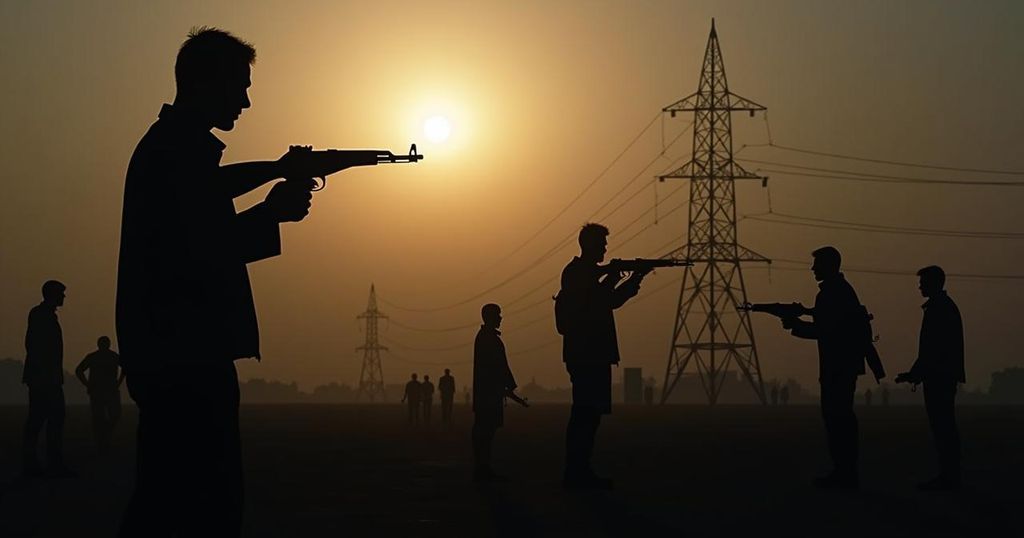UN Calls for Urgent Action in Arshad Sharif Murder Investigation

The UN has urged Kenya and Pakistan to accelerate their investigations into the murder of journalist Arshad Sharif, emphasizing the need for accountability following a Kenyan court’s ruling that declared his death unlawful. Despite the landmark judgement, no arrests have been made. UN Special Rapporteur Irene Khan stressed the importance of political will from both governments to ensure justice and combat impunity in attacks against journalists.
On September 27, 2024, a United Nations expert called for the Kenyan and Pakistani governments to intensify their investigations into the murder of journalist Arshad Sharif, who was killed in Kenya nearly two years prior. Irene Khan, the UN Special Rapporteur on freedom of opinion and expression, emphasized that there has been no accountability for the officers involved in his shooting since the Kenyan High Court deemed it “unlawful,” “arbitrary,” and “disproportionate.” Despite the court ruling in July, which mandated the government to provide compensation to Sharif’s family, no arrests or prosecutions have occurred. Khan expressed her grave concerns over the inaction from both governments, urging them to pursue justice vigorously. The High Court of Kenya’s decision provided a crucial victory, but Khan highlighted that this would have limited impact without genuine efforts from authorities to pursue the individuals responsible for the crime. In a letter sent to both governments, Khan reiterated the necessity for a thorough investigation into the murder and any circumstances surrounding Sharif’s prior exile, insisting that justice remains paramount, especially in cases involving attacks on journalists who uphold freedom of expression. As a means of officially holding those accountable, she called upon both nations to demonstrate a political commitment to rendering justice in this case, serving as a significant example against the impunity facing journalists. Khan’s statements were conveyed by the office of the UN Human Rights High Commissioner, stirring renewed hopes among activists and Sharif’s family for accountability following the court’s historic ruling. Ultimately, the region’s response to this situation will be indicative of its commitment to defending journalistic integrity and the rule of law.
The case of Arshad Sharif, a journalist whose assassination has raised global concern, underscores critical issues surrounding freedom of expression and the protection of journalists. As a prominent figure in Pakistani media, Sharif garnered attention for his reporting on sensitive topics, which ultimately led to his exile from Pakistan and tragic death in Kenya. The Kenyan High Court’s ruling, which characterized his death using lethal force as unlawful, highlighted a broader call for accountability in extrajudicial killings and the safety of journalists, crucial for upholding democratic values and human rights. This ruling was viewed as a pivotal moment in addressing violence against media representatives and evaluating governmental responses to such incidents.
In conclusion, the international community, represented by the United Nations, has formally urged both Kenya and Pakistan to expedite their investigations into the killing of Arshad Sharif. The lack of progress in accountability for this egregious act remains a pressing issue. It is crucial that both nations demonstrate a commitment to justice that not only honors Sharif’s legacy but also reinforces the protection of journalists everywhere. The situation serves as a critical reminder of the ongoing struggle against impunity in cases of violence against media personnel and illustrates the urgent need for systemic changes to safeguard freedom of expression.
Original Source: www.dawn.com








